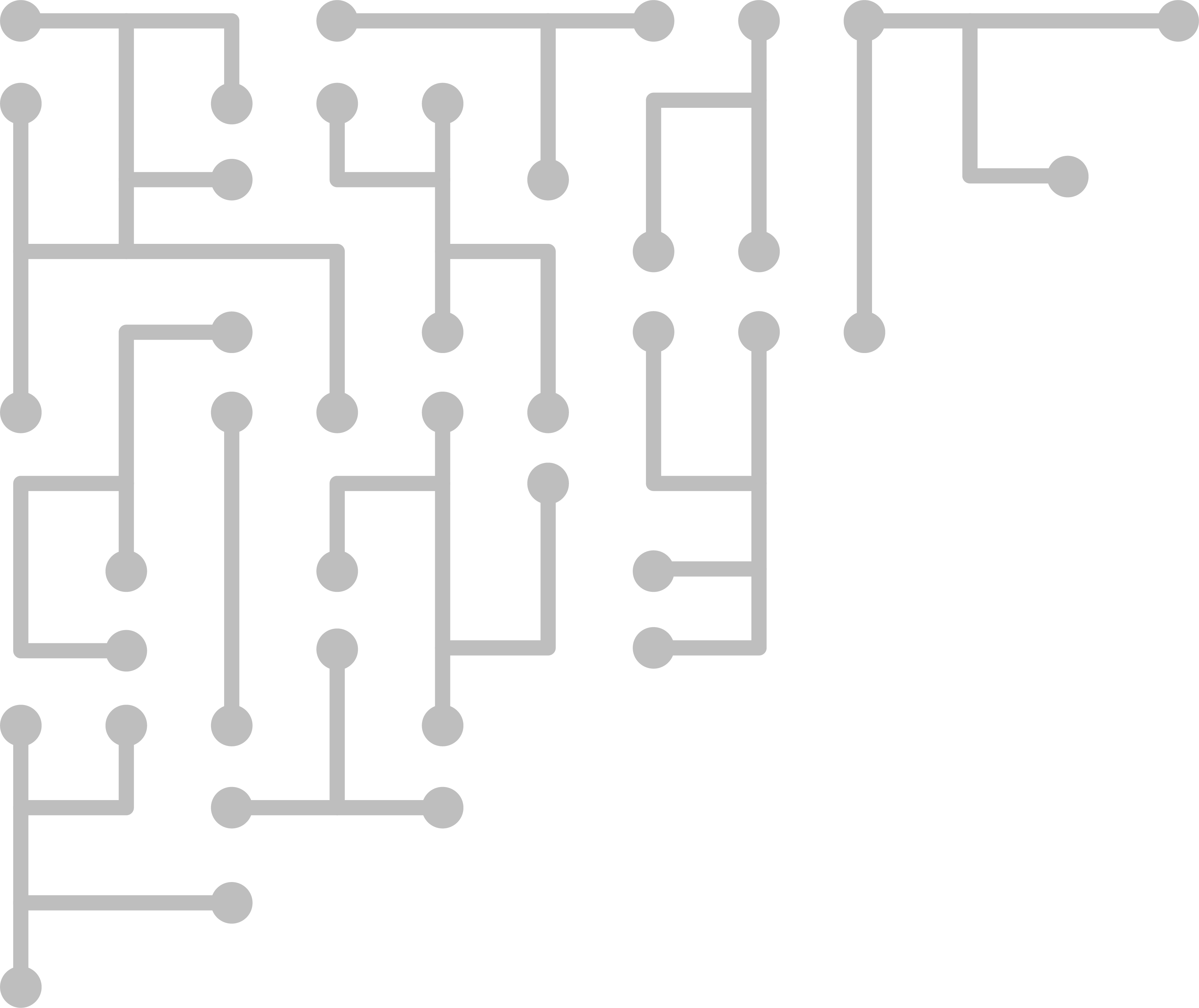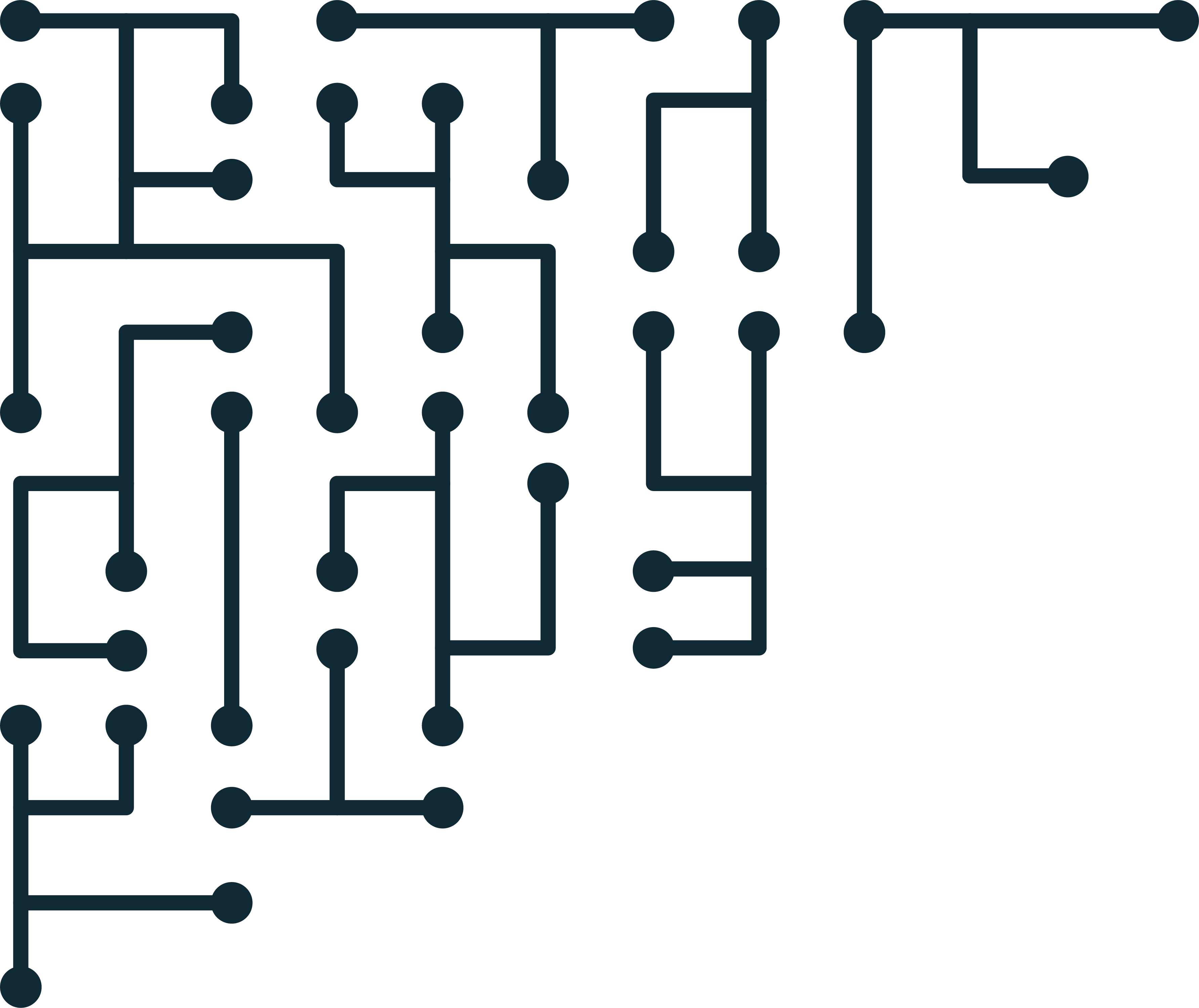A more efficient NSRL for digital forensics
A few days ago, Hexacorn released a blog post taking a look at the NSRL RDS hash set. I’m a total fan of hash sets. I think they are one of the easiest ways to capture and reuse institutional knowledge. As such, I use RDS a lot.
Hexacorn’s post made me realize that 1. I’d never really questioned the RDS before, and 2. I was wasting valuable CPU cycles! Both of those end today! The goal is to explore a bit deeper and hopefully create a more efficient NSRL for specific #DFIR use cases.
Use Case
My primary use case for the NSRL and similar is to filter known-good from particular views in Autopsy and similar. As such, this statement jumped out at me:
…what we believed to be just large file hashset is actually a mix of files hashes and hashes of sections of executable files. Hexacorn
Sections of executable files might be relevant for binary/malware analysis, but I rarely use them. What’s more, the filtering tools that I use don’t do partial hashing. It’s the whole file or nothing. So this set of partials is a complete waste and will be our main target.
Hexacorn seems most interested in executable file types. I’m interested in any whole-file, known-good. I don’t want to see system files.
NSRL
I’m using NSRL Modern RDS (minimal) v2.75. Note that v3 uses SQLite instead of a flat-file. We will have to look into that later.
Analysis
Number of hashes
$ cat NSRLFile.txt | wc -l
41850362
Number of operating systems:
$ cat NSRLOS.txt | wc -l
1366
Number of Windows OS versions:
$ cat NSRLOS.txt | grep -i windows | wc -l
452
Number of (likely) Java embedded .class files:
$ cat NSRLFile.txt | grep -i "\.class" | wc -l
2684902
Quick search for “text”:
$ cat NSRLFile.txt | grep -i text
"09CFCDFC2518CD2CCD485886FCEB3482BD3B70B9","D28C508D50A618C6D2C2427C37D20378","F4D7BC42",".rela.text._ZNSt15basic_stringbufIcSt11char_traitsIcEN8MathLink14MLStdAllocatorIcEEED2Ev",144,220911,"362",""
"09CFE07D1F0B3708CB2B85DFE4383D230EE88566","1B90C2C60F67F6EBDD274D15535B31FF","6644FF02",".text",3072,215747,"362",""
"09CFE897BA7ACCED588B1578277AEA3DEC78F43C","BC33A1DB9D809F66DFD6711913EF9410","A76E8A16","__TEXT__text",8868661,188984,"362",""
"09CFE8DF7F5F045F90634FD3FBB13EB0A0DCD7BD","56684E4BECD0008ED0B6A07DA2AC1C93","AF01A7EF","krb5_copy_context.txt",552,17398,"362",""
"09CFEEF7EEB4715FFD49DC316AC0824E055F5F73","13802B6D11AE8651A87609CE698390A0","569CF14F",".text",102400,17379,"362",""
"09CFF16AE1AE84ADD2F19D64AA2C12239D920D3F","20E1FA0A206B2E7E5E5280FE7A06F531","10A1766A","buildingtextures_yellowcorrigated01a.vtf",699256,189286,"362",""
"09CFF8FFEBAC0E34C8C3F9CEAF6259D324CF61B2","3F724C1809E65ED9A1A519400B1BB02B","3B27605C",".text",27319,181156,"362",""
"09CFFA803F6CCAF7BD0CF0A53966888F0C1D8115","F7B119BC72B0A6E3C86231071A8D0C9D","6B4D23AD",".text",14997,181156,"362",""
Quick search for “1”:
$ cat NSRLFile.txt | grep -i "\"1\"" | wc -l
242521
Entries that start with “.”:
$ cat NSRLFile.txt | grep -P "\"\..*?\"" | wc -l
5765736
Entries that start with “__”:
$ cat NSRLFile.txt | grep -P "\"__.*?\"" | wc -l
1108010
Check top system codes:
cat NSRLFile.txt | awk -F"," '{print $7}' | sort | uniq -c | sort | head
We also found system code 362 "362","TBD","none","1006", which a lot of entries use. Looks like to be determined… meaning
they don’t know the OS? Entries look like Microsoft stuff, plus some of our code segments:
"55.NTDSAPI.dll""362"
"CERTIFICATE""362"
"714""362"
"Nfc.h""362"
"Tile_-28_-28.foliage""362"
"package$.class""362"
"bare2.ms""362"
"generic_xts.po""362"
"Microsoft-Windows-Casting-Platform-WOW64-avcore-Package~31bf3856ad364e35~amd64~ms-MY~10.0.14393.0.mum""362"
"om5651.arc""362"
"3507.mfc140u.dll""362"
"gedit-search.page""362"
A LOT of entries are listed under 362. So many that we should filter them, but also save them into an “other” category.
Files that are not 362:
$ cat NSRLFile.txt | grep -vi 362 | wc -l
1
Ah, well, that’s not good. All entries have a, OS category of 362. Meaning OS categories, for now, are totally worthless.
Observations
Based on this exploration, there are a few things we might want to do.
- Entries that start with
__and do not have an extension are probably section hashes. Exclude - Entries that start with
.are also probably section hashes, though for Linux and MacOS this may not be true. Exclude - Entries with
.text,textand1have many entries, but it’s unclear why. Exclude? Split the sets by general OS instead of all-in-one. Select set based on needs.No OS cat info avail.- Filter very old OS
- .class files - most likely embedded in java. Exclude?
Testing speed assumptions
All of this assumes that reducing the hash set has some reduction in CPU cycles / time. Let’s test that.
Take half of NSRLFile.txt.
$ head -n 20925181 NSRLFile.txt > HalfNSRLFile.txt
$ wc -l HalfNSRLFile.txt
20925181 HalfNSRLFile.txt
$ wc -l NSRLFile.txt
41850362 NSRLFile.txt
Create an hfind index for both. Note we’re using the NSRL-SHA1. Matching with MD5 is faster but too easy to get collisions. Plus, by filtering NSRL we can be more efficient, faster and more accurate.
$ hfind -i nsrl-sha1 NSRLFile.txt
Index created
$ hfind -i nsrl-sha1 HalfNSRLFile.txt
Index created
Create some SHA1 hashes from a test dataset.
$ sha1deep -r ~/Desktop/Cellebrite_Reader/ > testHashes.sha1
$ wc -l testHashes.sha1
109950 testHashes.sha1
$ cat testHashes.sha1 | awk '{print $1}' > hashes.sha1
Measure time of full DB lookup.
$ time hfind -f hashes.sha1 NSRLFile.txt >/dev/null
real 0m37.942s
user 0m0.580s
sys 0m3.391s
Clear cache and measure time of half DB lookup.
$ sudo sysctl vm.drop_caches=3
$ time hfind -f hashes.sha1 HalfNSRLFile.txt >/dev/null
real 0m9.707s
user 0m0.319s
sys 0m1.306s
Unexpectedly, half the NSRL hashes took approximately 25% of the (real) time of the whole set, and 38% system time. This was only for 100k file hashes. On a normal case, we will see some big improvements by reducing the set as much as possible. This assumes you were dumping the full NSRL in your tools (like I was!).
Building a filter
First, we get the Windows codes.
cat NSRLOS.txt | grep -i Windows | grep -v "X Windows" | awk -F"," '{print $1}' > temp.txt
Most OSs filtered out easily. Unix/Linux gave some trouble, of course. At this stage, we also removed some of the much older OSs.
cat NSRLOS.txt | egrep -vi "(windows|android|ios|mac|msdos|ms dos|amstrad|netware|nextstep|aix|compaq|dos|dr dos|amiga|os x|at&t|apple)" | awk -F"," '{print $1}' > temp.txt
This gives us the codes for Windows, Mac, Android, iOS, Unix/Linux, and an other category of 362. Note, everything is 362 so filtering by OS isn’t useful at this time.
Filename filter
Filenames are pretty much our only indicator of a segment or not. In that case, we can search based on starting with __ or .
Not ideal, but unless we parse out and somehow rationally filter on product, this is as good as it gets.
if FN.startswith("__") or FN.startswith("."): continue
This is easy to expand with regular expressions if other meaningful filename patterns are found.
Filtering end result
As of this writing, we’re basically just removing files that start with __ and period. The filter as-is can be replicated much faster in bash:
$ cat NSRLFile.txt | grep -v "\"__" | grep -v "\"\." > ENSRL.txt
$ wc -l ENSRL.txt
34976616 ENSRL.txt
This is about 83% of the original hash values. Even with that we can expect some processing-time improvements with a low likelyhood of missing many filtering opportunities.
A filtering tool and Efficient-NSRL
The ENSRL can be found here: https://github.com/DFIRScience/Efficient-NSRL.
Future work will try to fine-tune based on the file name and might try to use NSRLProd.txt. It would be nasty, but that seems like the only useful categorization data.
Hit me up on Twitter if you have any filtering recommendations. Pull requests also welcome.



